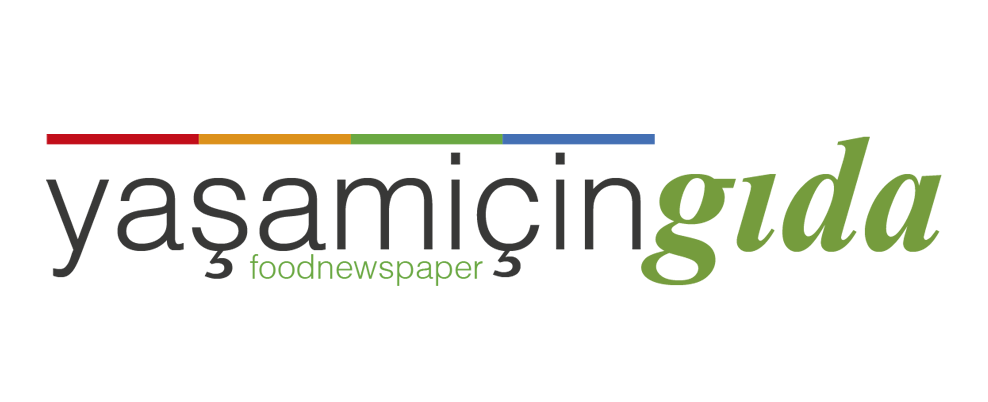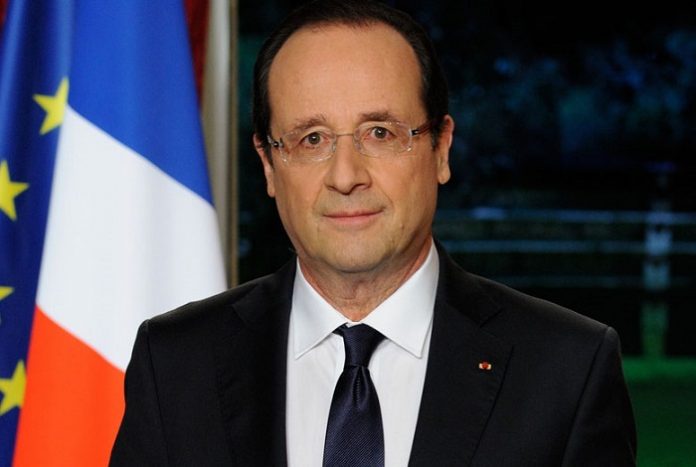French Senate Shows Solidarity With Africans, By Rejecting Government Palm Oil Tax.
Today, IMANI Center for Policy and Education, sub-Saharan Africa’s second most influential think tank, and the Initiative for Public Policy Analysis (IPPA), the leading Nigerian think-tank, call on the French Government to withdraw its planned palm oil tax, due to the major negative impact on African farmers and communities.
The French Senate, on May 11th, voted to reject the tax – but it is likely to be resurrected by the Government and the National Assembly.
Franklin Cudjoe, Founding President and CEO of IMANI Center for Policy and Education, said –
“The French Government’s palm oil tax is a direct attack on the livelihoods of African farmers. Across Africa, including in Ghana, farmers cultivate oil palm as a means to improve their lives and escape from poverty. President Hollande’s tax puts at risk farming communities across sub-Saharan Africa. For that reason alone, it must be dropped.
“French Senators have realized that France’s commitment to Africa cannot be measured in words – but only in actions. The action of rejecting the palm oil tax shows that the French Senate supports African development.
“It is unacceptable that French President Hollande is determined to inflict pain on Africa by advocating a harmful palm oil tax.”
Thompson Ayodele, Director of IPPA, said: “Instead of imposing a damaging palm oil tax, President Hollande should stick to his promise made in 2012 that he would not interfere in Africa’s development. This is one more broken promise by Hollande to the people of Africa.
“The French Government must drop this tax immediately”
The French Government’s planned differential palm oil tax is a clear barrier to trade that would block market access for palm oil, a critical commodity across sub-Saharan Africa. The tax is clearly advocated to support uncompetitive domestic French interests. In doing so, President Hollande is raising food prices for his own people, and hitting some of the world’s poorest communities at the same time.
Over 30,000 Ghanaians are engaged in the palm oil industry – and 80 per cent of Ghana’s palm oil production comes from small farmers. The Agence Francaise de Development (AFD) – the French overseas aid agency – has even financed small farmer oil palm schemes in Ghana, illustrating the benefits brought by palm oil. Worldwide, there are over 4 million palm oil small farmers. Small farmers produce 80 per cent of Nigeria’s palm oil, and they rely on it to feed their families and improve their living conditions.
French taxpayers support the AFD’s work, successfully utilizing palm oil as a tool to build agricultural success in Africa. Now, Hollande wants to impose taxes on the palm oil that results from that African success. Giving to Africa with one hand, and taking away, through a palm oil tax, with the other hand. This is an age-old colonial strategy for keeping the developing world poor.
French taxpayers also have every right to be confused: their taxes are used to help Africa, and then their Government imposes punitive taxes on the people they are supposed to help. Those taxes, too, raise prices for French consumers…ensuring that Hollande’s palm oil tax really will hurt everyone, even his own voters.
The Initiative for Public Policy Analysis (IPPA), an award-winning organisation, is Nigeria’s public policy research institute/think tank. Its major concern is with the principles and institutions that enhance economic development and wealth creation, with particular focus on Africa and Nigeria.
IMANI Center for Policy and Education is one of Africa’s leading think-tanks, recently ranked the second most influential think tank in sub-Saharan Africa that produces high-quality, relevant research. IMANI Center focuses on working with governments, businesses and civil society to shape the national, regional and global agenda.


